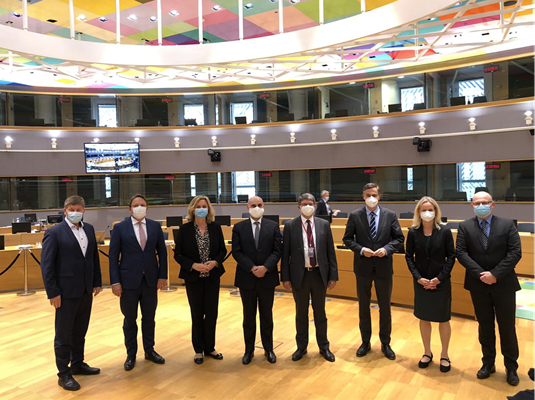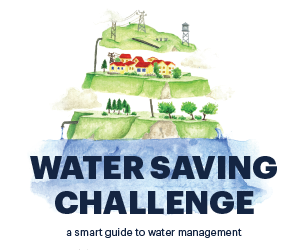After today’s final trilogue in which Croatian Member of the European Parliament Tonino Picula participated as a negotiator from the ranks of the Socialists and Democrats, an agreement was reached on June 2 on the IPA III instrument, which is the basis for pre-accession funding of candidate countries for 2021 until 2027.
"The new generation of the IPA III instrument will strengthen democratic, normative and socio-economic transformations of the candidate countries for EU membership. In this manner, a smarter, better targeted, more visible and more sustainable support is provided to candidate countries on their way to the European Union. IPA III is a long term investment in the European future of the Western Balkans, and the effective use of EU funds must be ensured in full compliance with European values. With today’s agreement, we have managed to provide strategic, conditional and visible financial resources that will help with transformation of the candidate countries facing common challenges", Picula highlighted after the trialogue.
The co-legislators of the European Union, the European Commission, the European Council and the European Parliament have agreed on the priorities, objectives and modalities of managing the modernized instrument for financing the IPA III pre-accession assistance. It will be worth 14.2 billion euros and will support the implementation of EU-related reforms in seven beneficiary countries: Albania, Bosnia and Herzegovina, Kosovo, Montenegro, Northern Macedonia, Serbia and Turkey.
IPA III will support candidate countries for accession to the European Union in their political, institutional, legal, administrative and socio-economic reforms needed to align with EU values, rules, standards, policies and practices, while contributing to stability, security, peace and prosperity.
It will also strengthen strategic communication and the fight against misinformation, and will advance the goals of climate and environmental protection, human rights and gender equality. It envisages improved donations coordination and upgraded consultation with civil society organizations and local and regional authorities. It will enhance conditionality relating to democracy, human rights and the rule of law, providing for the suspension of financial assistance in the event of setbacks in these areas.


